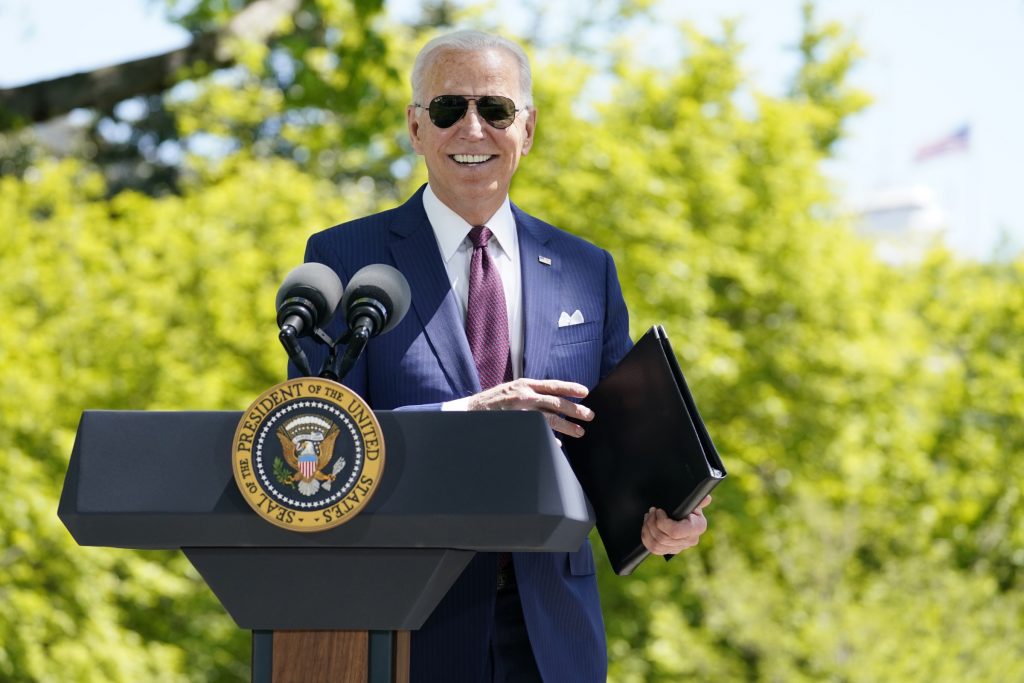The Conservative government is facing mounting pressure to support a global minimum corporation tax proposed by US President Joe Biden, and to push for this at the upcoming G7 summit. The proposed tax is touted as a step towards taxing multinationals, particularly digital and tech firms, and cracking down on offshore tax havens.
In a recently published briefing, the Institute for Public Policy Research (IPPR)’s Centre for Economic Justice has made the case for why the UK government should embrace this proposed tax. With the minimum 21% rate put forwards, the UK could make £14.7 billion a year. This would be sufficient to cover the cost of rebuilding the NHS and care system, costed at £12 billion by the IPPR.
The tax would force multinationals to pay national governments tax based on their sales in each country. The IPPR report explains how “Once in place, this will mean the UK corporation tax rate (once raised in 2023) is above the international minimum, so there would be no change for businesses taxed in the UK. However, it would mean that profits shifted abroad to avoid corporation tax would be effectively recouped.“
With these private corporations taking so much of the wealth generated by their workers as their own, any policy that would take more of this from the owners and put it towards public services could provide a boost to the budgets of the countries involved, especially with Britain’s critically underfunded struggling public services, be it understaffed social care and schools or the closing down of so many youth centres – public services need the investment.
However, despite five other G7 countries supporting President Biden’s proposal, Britain has yet to do so.
A spokesperson for the treasury explained that the government could back minimum tax rates, but in a package being discussed at the Organisation for Economic Co-operation and Development: “Our consistent position has been that it matters where tax is paid and any agreement must ensure digital businesses pay tax in the UK that reflects their economic activities… We welcome the US’s renewed commitment to tackling the issue and agree that minimum taxes might help to ensure businesses pay tax – as long as they are part of that package approach.”
For the authors of yesterday’s (1 June 2021) briefing, “The UK should seize this opportunity for coordinated global reform – it may not come again – and to pass it by would be to miss the chance to fundamentally shift the economy onto a fairer and more equitable footing.”
Tax changes could of course benefit Britain and other countries involved in terms of multinational tax avoidance and evasion. While any increase in this tax revenue could benefit our public services, there’s no guarantee this is how the the Tories would have the funds spent. Nor would the proposed measures address the key question of the extraction of value and exploitation by multinational – and national – companies.
While the Tory government should be forced to engage with any opportunity to tackle the crisis of offshore tax havens, we should be suspicious of US intentions here.
The US government first and foremost represents the very tax dodgers it claims it wants to police. While the Communist Party calls for a corporation tax rate of at least 40% and upwards, Biden initially called for a global 21% minimum but last week lowered this to a paltry 15%. As was saw by the hostile US reaction to attempts by France to impose tax on digital firms like Google recently, the real intention seems to be to take power away from elected parliaments and governments and to ensure tax rates can be dictated the bureaucrats of the major imperialist powers.
Philip English, is a member of the YCL’s Manchester Branch




